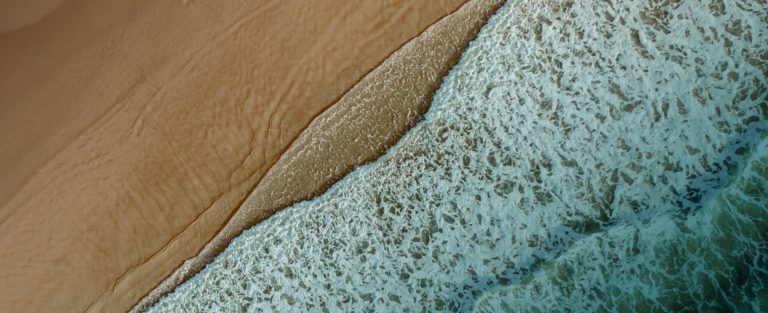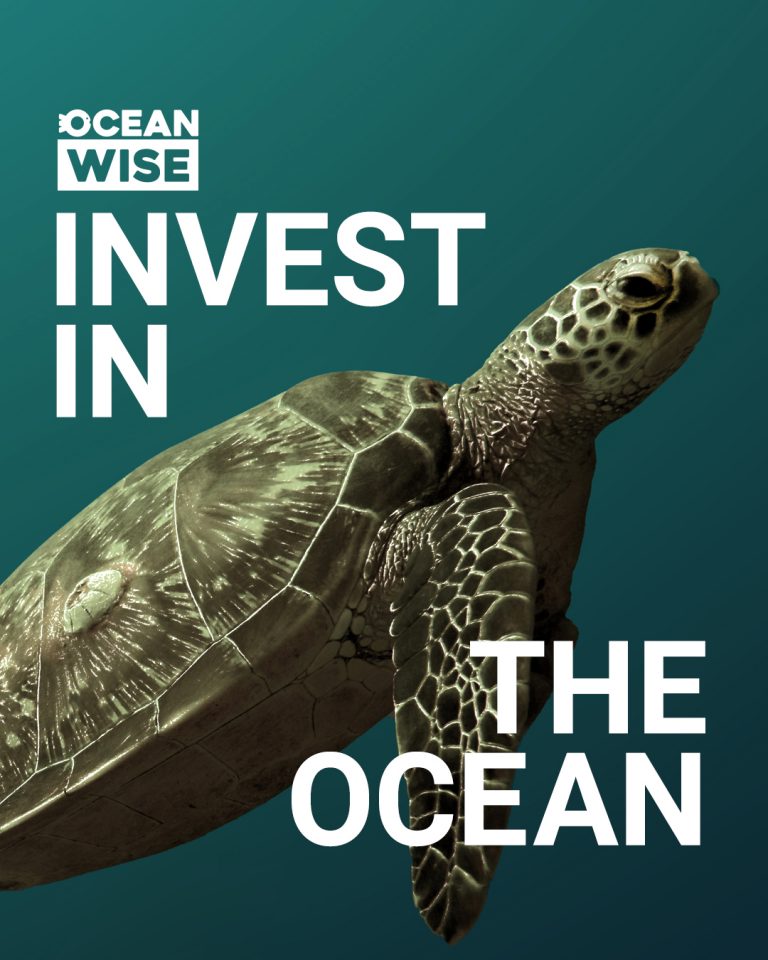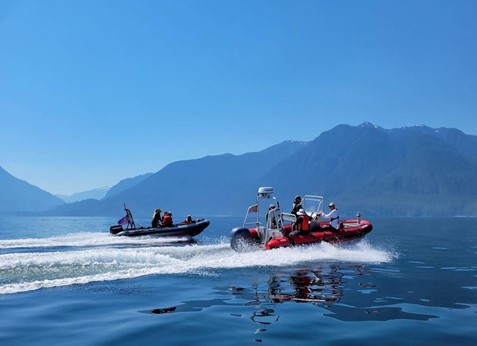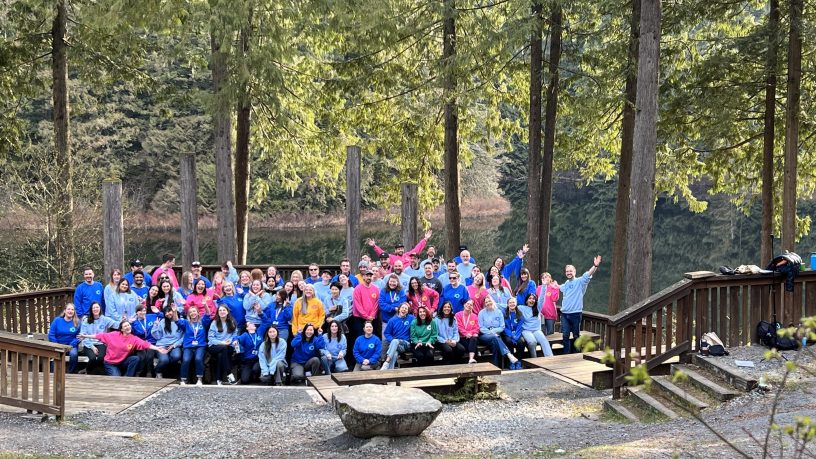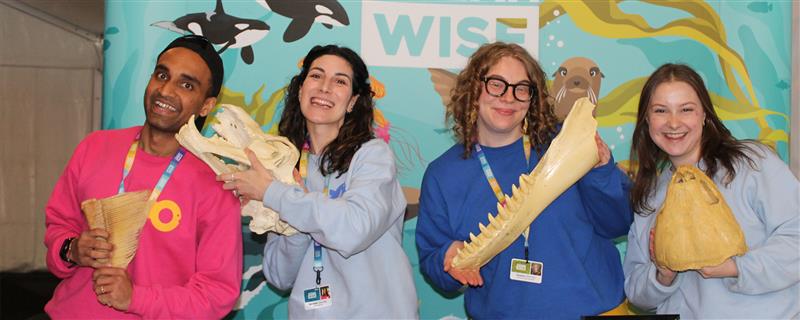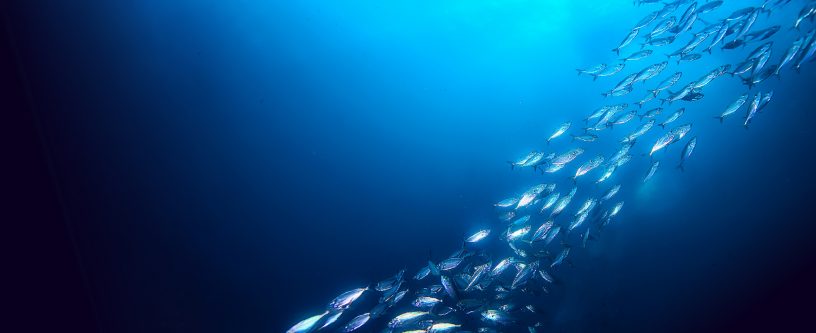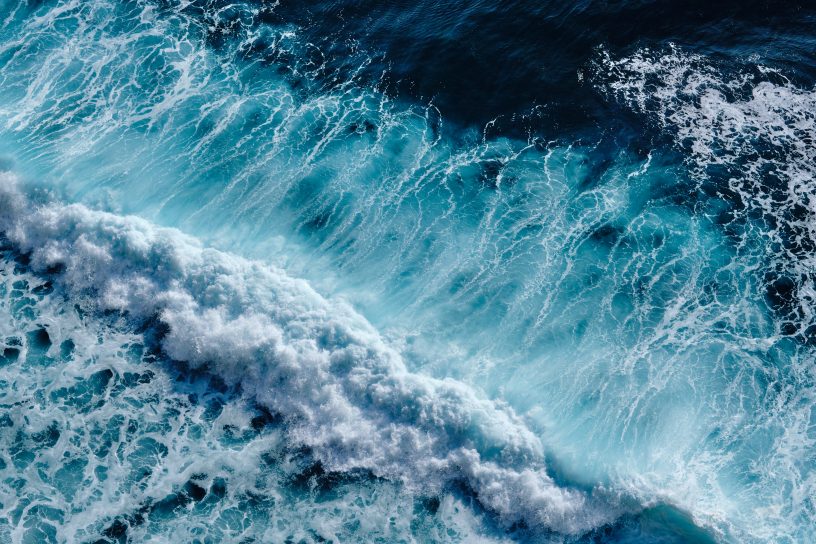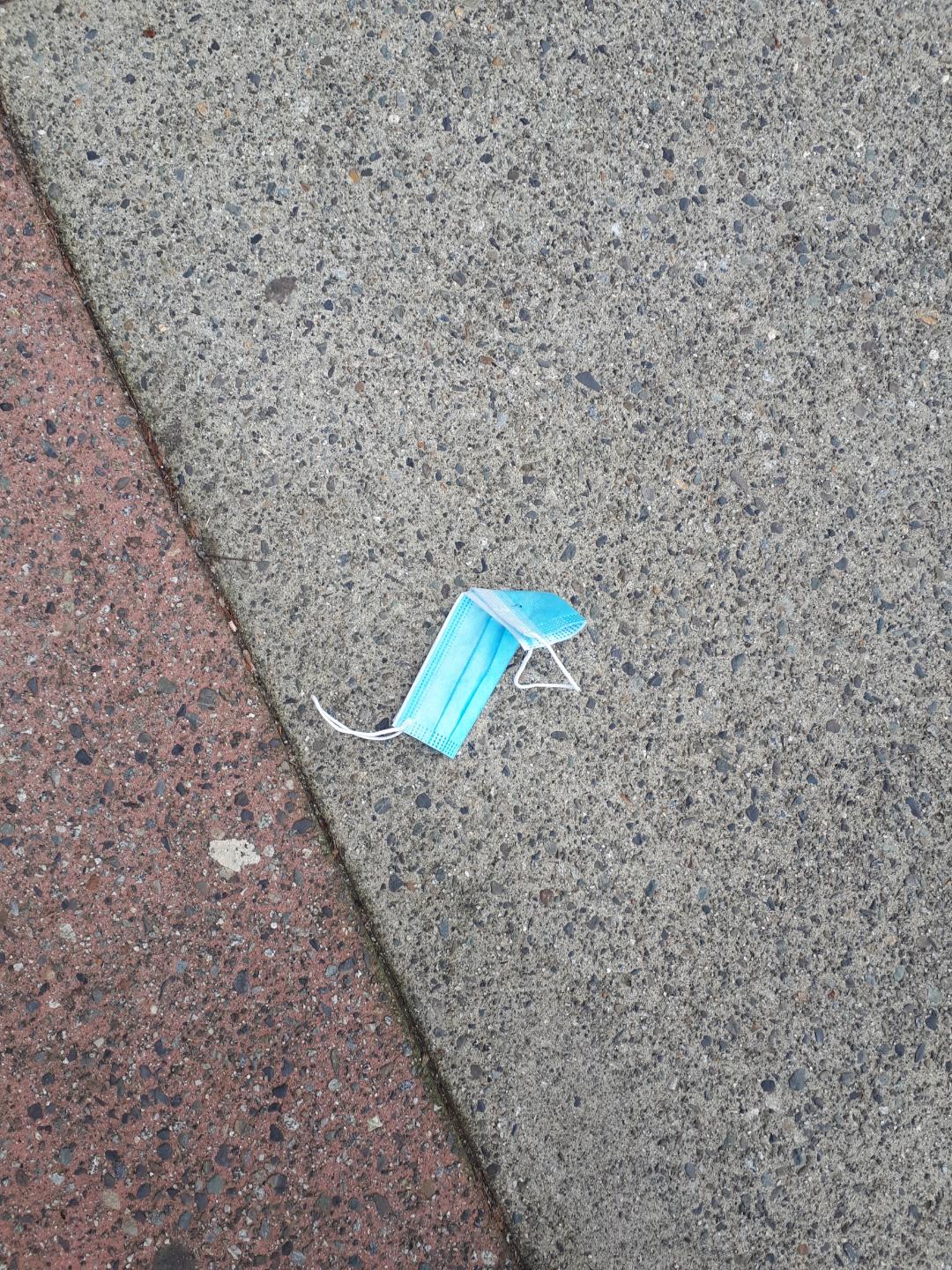
Single use plastics increased during COVID-Where Do We go from Here?
Article by the Ocean Wise Plastic Pollution Scientists
Shreyas Patankar, Catherine Wong, Amir Parizi, Mathew Watkins, Stephanie Wang, Anna Posacka.
The year 2020 will be recorded in the history books as the period when the world came to a standstill as the result of the COVID-19 outbreak. Alongside the extreme economic and health pressures felt around the world, the pandemic is triggering unexpected socio-environmental outcomes. The pause in human activity has led to drops in air pollution and greenhouse gas emissions as noted by scientists in China and Canada. On the other hand, the increased demand for protective equipment such as masks and gloves, and other single-use products is exacerbating plastic pollution in the environment.

Urban leakage of mismanaged plastics is an important agent for marine plastic pollution. Any plastic items used and not disposed of properly under the pandemic are at risk of entering urban waterways and the marine environment. One way by which this can occur is via entry of street litter into city storm drains that discharge surface runoff directly to the environment as suggested by our 2018 pilot study in Vancouver BC (Figure 1). Public health concerns over virus transmission have led to increased use of disposable plastics including grocery bags, take-out containers, as well as gloves and masks for personal protection – all materials showing up in significant volumes as litter on streets around the world. More street litter equals higher risk of environmental contamination, but there are also significant public health concerns as SARS-CoV-2, which causes COVID-19 disease, can last on plastic surfaces for up to 3 days [1]. In Vancouver, BC, latex gloves and even masks are showing up in municipal wastewater facilities. This is an issue because not only can these items block and damage the urban wastewater infrastructure (as expressed by Metro Vancouver), with costs to the taxpayer, but they can also break-down into microplastics – the microscopic plastic fragments ─ before being captured by plant grates designed to screen out large debris before treatment. Before the pandemic, research around the world, including our own (Figure 2) was already revealing significant amounts of microplastics slipping through wastewater treatment facilities. Our behaviour under the pandemic has the potential to compound this problem, although this remains unquantified and difficult to study at present.
At Ocean Wise, we see firsthand the damaging effects of plastic litter on the environment. Entanglement, ingestion and suffocation are some of the ways large plastic items have already affected 690 marine species globally [4]. Our team at the Marine Mammal Rescue Centre, based in Vancouver, BC, has responded to 38 sea lions since 2013 who fell victim to the entanglement by plastic litter. Our Great Canadian Shoreline Cleanup collects citizen science litter data and each year plastics make up the majority of the top twelve items found on shorelines. Our Plastics Lab scientists found important marine species including the Northeast Pacific zooplankton [5] and Arctic Beluga whales [6] to be contaminated with microplastics.

Over the past few years, as a result of activism from dedicated citizens and organizations, local, regional, and national governments have responded to the marine plastic pollution with policy and regulation tools. As examples, several cities along the North American West Coast have enacted policies like banning the sale of single-use plastic bags and containers and creating education and awareness programs. The City of Vancouver states, on their Single-Use Item Reduction Strategy, that timelines for introducing bylaws for restricting the use of single-use plastic items are unchanged. Foam containers and cups were banned in Vancouver as of January 1, and restrictions placed on plastic straws and disposable utensils began on April 22 of this year. However, the city has diverted their resources to responding and dealing with COVID-19 and will not be enforcing the bylaws until further notice. In the midst of this pandemic, there is an appropriate place for single-use plastics, especially in the medical world. The concern for our health and the safety of others is very real. However, we can work to ensure that our increased use of single-use plastics during this time is temporary, and the momentum for positive environmental change can continue to grow beyond this pandemic. The weakness of the current linear plastics economy model – “the take, make and throw away” – pronounced under the pandemic provide us with a strong reminder that a change is needed. Let us use this time wisely to catalyze a shift towards a cleaner zero-waste circular model for plastics that will benefit our health, the economy, and our blue planet in the post-pandemic world.
There are many actions consumers and businesses can take during this time to combat plastic pollution and responsibly use plastic products.
- Support organizations and businesses that are working towards a zero-waste circular economy for plastics. Get involved in your local community to be part of the shift.
- Organize a solo, household or small team cleanup through Ocean Wise & WWF-Canada’s Great Canadian Shoreline Cleanup.
- Minimize single-use consumption whenever possible and ensure proper disposal – review your regional guidelines for appropriate use and disposal. BC Centre for Disease Control provides guidelines regarding face mask use and handling under COVID-19, including the reusable cloth masks. Disposable masks and gloves should be placed in a plastic bag and discarded into regular garbage bins (not the recycling bins).
- Champion green leadership – in Vancouver BC, many businesses have stepped up to find ways to minimize plastic litter while maintaining public health safety. Businesses can also ensure the availability of appropriate waste bins in their proximity to reduce the risk of street litter being generated.
- Break your plastic pattern and protect the ocean, join the Ocean Wise plastic pledge
- Use reusable and washable bags for grocery shopping. Pack your bags either on the ground or on your person rather than on a countertop. Wash your bags often.
- If you are ordering take-out, support local businesses that implement plastic-waste reduction or use sustainable alternatives for food containers. Decline additional utensils and condiments in your order.
- Buy items in bulk when possible, to reduce plastic waste and to also reduce the number of trips to the store. If that’s not possible, choose products with minimal plastic packaging at the grocery store.
Resources:
- Ocean Wise Plastics Lab and Pollution Tracker websites
- Great Canadian Shoreline Cleanup
- About the circular plastics economy model (short video) and the Canada’s strategy for achieving it
Studies cited
1. Prata, J. C., Patrício Silva, A. L., Walker, T. R., Duarte, A. C. & Rocha Santos, T. COVID-19 pandemic repercussions on the use and management of plastics. Environmental Science & Technology (2020) doi:10.1021/acs.est.0c02178.
2. Sun, J., Dai, X., Wang, Q., van Loosdrecht, M. C. M. & Ni, B. J. Microplastics in wastewater treatment plants: Detection, occurrence and removal. Water Research 152, 21–37 (2019).
3. Gies, E. A. et al. Retention of microplastics in a major secondary wastewater treatment plant in Vancouver, Canada. Marine Pollution Bulletin 133, 553–561 (2018).
4. Gall, S. C. & Thompson, R. C. The impact of debris on marine life. Marine Pollution Bulletin 92, 170–179 (2015).
5. Desforges, J. P. W., Galbraith, M. & Ross, P. S. Ingestion of Microplastics by Zooplankton in the Northeast Pacific Ocean. Archives of environmental contamination and toxicology 69, 320–330 (2015).
6. Moore,
R. C. et al. Microplastics in beluga whales (Delphinapterus leucas)
from the Eastern Beaufort Sea. Marine Pollution Bulletin 150,
110723 (2020).
Posted July 21, 2020 by Ocean Wise
